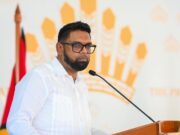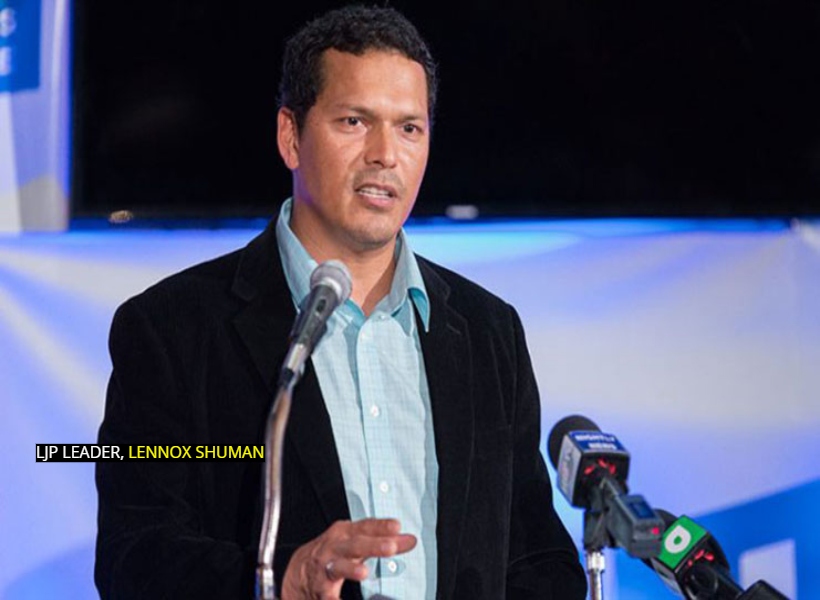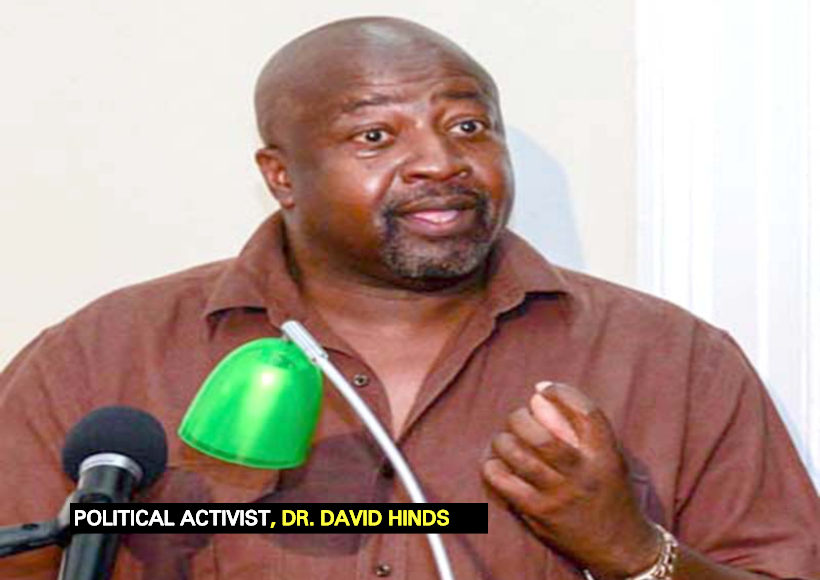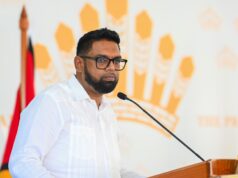The ruling of the Appeal Court yesterday on the validity of the controversial no confidence motion was timely since it averted a most dangerous political collision. This is according to University Professor and political activist, Dr. David Hinds.
During an exclusive interview with the Guyana Standard today, Dr. Hinds noted that on Friday, the nation had reached a point where there was going to be a showdown between the two political forces — APNU+AFC and the PPP.
He said, “The Opposition was showing that it was going to push the limits of the protest and then we saw the Commissioner of Police coming out and saying that the police will be on its guard… We had reached a sour point and all should have been fearful of where that would have gone. I don’t want us to go back to a place where the police would be beating protesters off the street.”
The political activist added, “So the timing of the ruling was important as it averted a collision between the political forces. It gives Guyana time to cool off until the next ruling that will come when the PPP approaches the Caribbean Court of Justice (CCJ) for a review.”
As for the ruling itself, Dr. Hinds said that he agrees with the principle and not the mathematics.
In this regard, he said, “Although the Constitution does not use the word absolute majority, it does make a distinction between procedures for ordinary bills and the no confidence vote, in the sense that the vote is seen as separate from the votes for normal bills. So if the procedure for normal bills is a simple majority, then there must be a different standard for the vote of no confidence.”
Dr. Hinds added, “While the word absolute majority is not used, it is implied that there must be a different standard and so I think we got hung up on the math and not the principle. I am for the principle of an absolute majority which I believe is implied.”
In addition to this, Dr. Hinds opined that the entire situation was a sensitive one and was not treated with care. Dr. Hinds contended, “I do believe that the breakdown in communication between the political leaders was allowing raised tensions to seep into the social fabric. They [Opposition Leader, Bharrat Jagdeo and President, David Granger] were not talking to each other. They were talking past each other.”
He concluded, “That should not have happened.”













